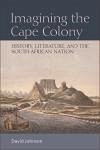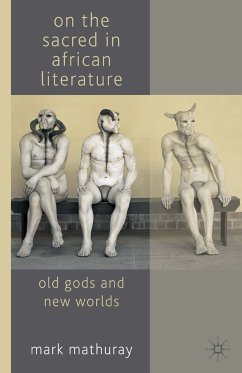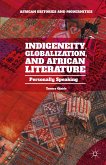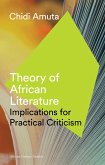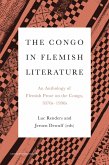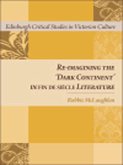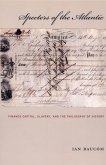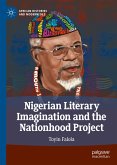Examines literatures and histories of the Cape in relation to postcolonial debates about nationalism. How the Cape Colony was imagined as a political community is examined by considering a variety of writers, from major European literati and intellectuals (Camoes, Southey, Rousseau, Adam Smith), to well-known travel writers like Francois Levaillant and Lady Anne Barnard, to figures on the margins of colonial histories, like settler rebels, slaves, and early African nationalists. Complementing the analyses of these primary texts are discussions of the many subsequent literary works and histories of the Cape Colony. These diverse writings are discussed first in relation to current debates in postcolonial studies about settler nationalism, anti-colonial resistance, and the imprint of eighteenth-century colonial histories on contemporary neo-colonial politics. Secondly, the project of imagining the post-apartheid South African nation functions as a critical lens for reading the eighteenth-century history of the Cape Colony, with the extensive commentaries on literature and history associated with the Thabo Mbeki presidencies given particular attention.Key Features* Major European literary figures and philosophers read in the context of colonial history* Materialist/historicist approach to postcolonial literature* Critical engagement with dominant theories of colonial nationalism
Dieser Download kann aus rechtlichen Gründen nur mit Rechnungsadresse in A, B, BG, CY, CZ, D, DK, EW, E, FIN, F, GR, HR, H, IRL, I, LT, L, LR, M, NL, PL, P, R, S, SLO, SK ausgeliefert werden.

